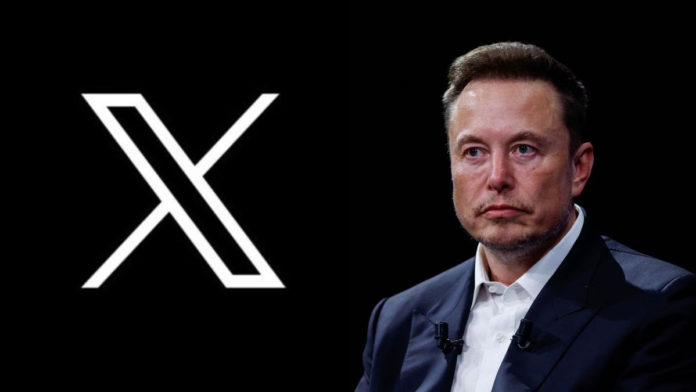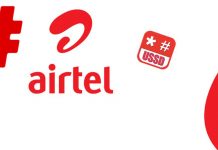In a dramatic escalation of tensions between tech giants, Elon Musk has launched a lawsuit against Apple and OpenAI, claiming they have conspired to undermine his xAI chatbot, Grok, and shield ChatGPT from competition.
Musk’s legal action follows public criticism about Grok’s absence from Apple’s “Must Have” app list, a designation frequently held by ChatGPT. In the filing, Musk argues that Apple and OpenAI have entered into an agreement that violates antitrust laws and undermines fair competition. The lawsuit alleges the partnership preserves Apple’s monopoly and cements OpenAI’s dominance in the AI chatbot space.
According to the complaint, Apple fears the emergence of a “super app” through Grok that could reduce consumer dependence on the iPhone. The suit quotes Apple executive Eddy Cue, who purportedly warned about the disruption such apps could cause. In response, Apple allegedly partnered exclusively with OpenAI to limit Grok’s competitive potential, depriving Musk’s platform of essential distribution pathways.
The lawsuit claims the integration of ChatGPT into iOS and Siri, alongside exclusive access to prompts from iPhone users, gives OpenAI an overwhelming advantage restricting access to the core data needed for rivals to scale effectively. Without similar access, AI competitors struggle to innovate and gain user traction, the filing argues.
X (formerly Twitter) warns that this arrangement will leave users with fewer chatbot choices and less sophisticated features, while Apple maintains iPhone prices at premium levels. OpenAI, in turn, is accused of exploiting its monopoly to potentially raise subscription costs, harming consumers.
X’s suit contends that a fully competitive AI chatbot market would thrive through user choice, but the alleged anticompetitive conduct has tipped the market heavily toward ChatGPT. Furthermore, Apple’s control over App Store rankings and application approvals for Grok is cited as additional evidence of anti-competitive behavior.
If Apple’s thumb remains on the scale, X asserts, investors will increasingly avoid supporting any challenger outside of OpenAI, weakening the financial and innovation prospects of competitors like xAI.
The lawsuit likens the alleged Apple–OpenAI agreement to previous antitrust cases involving search defaults and market dominance. X is seeking injunctive relief and damages, citing threats to its enterprise value and viability if Grok cannot fairly compete.
Neither Apple nor OpenAI has responded publicly. OpenAI referred to the filing as part of an ongoing “pattern of harassment” previously attributed to Musk.
The stakes of this lawsuit go beyond app rankings; they challenge the future of AI innovation and competition within a landscape increasingly dominated by a few major players.









